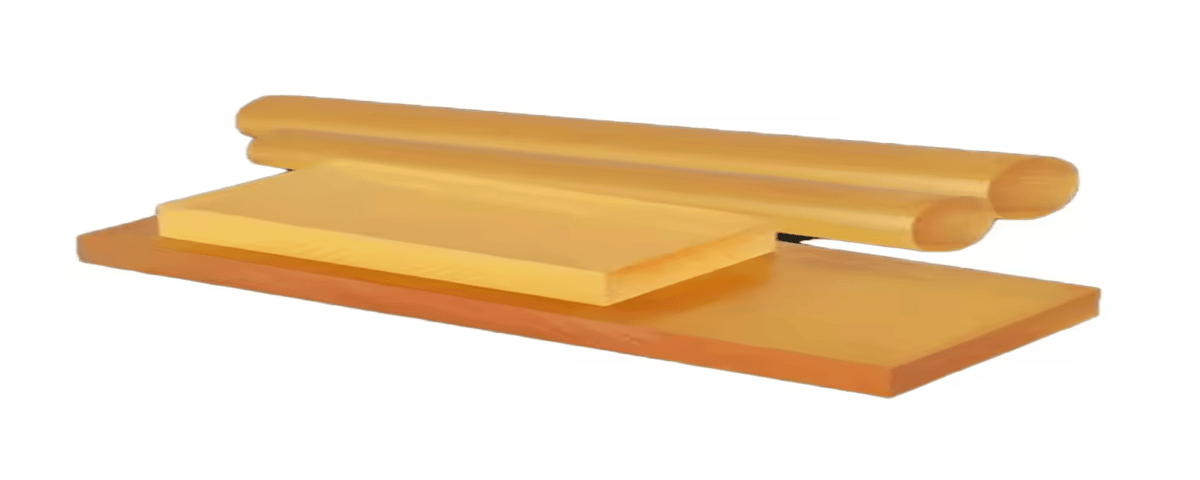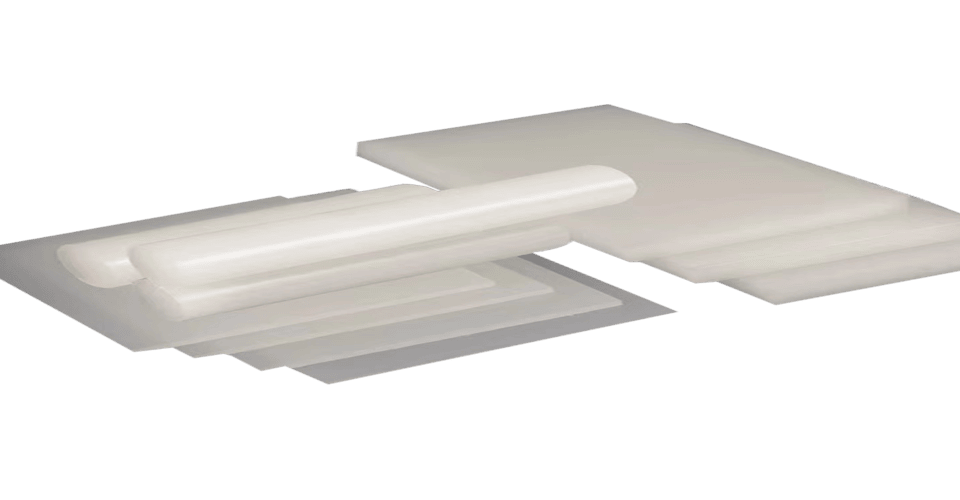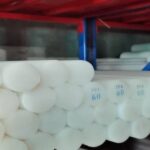
What are the Properties of PFA Material?
December 18, 2024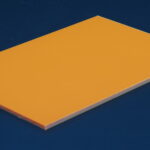
Is Bakelite better than plastic?
December 19, 2024PSU (Polysulfone) plastic is a high-performance thermoplastic known for its excellent mechanical properties and thermal stability. The structure of PSU plastic plays a crucial role in determining its outstanding characteristics, such as high resistance to heat, strong chemical stability, and durability.
Polymer Backbone of PSU
The core structure of PSU plastic consists of a polymer backbone made up of alternating aromatic rings and sulfone groups (SO2). The sulfone groups are particularly important because they contribute to PSU’s excellent thermal stability. The polymer chains in PSU are strong and flexible, which helps the material resist deformation under high temperatures and stresses.
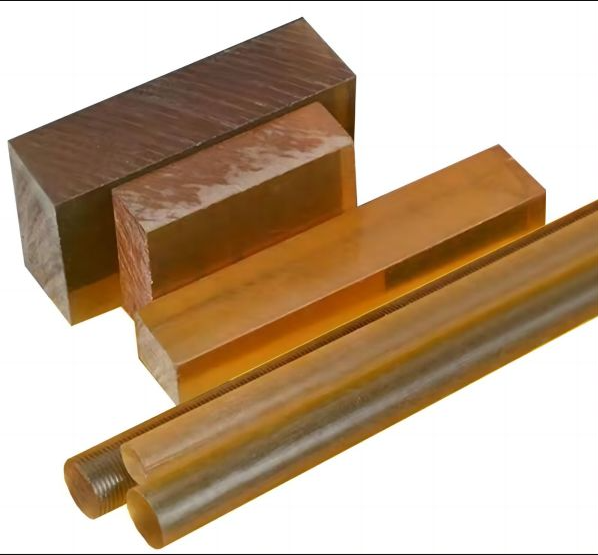
Aromatic Rings and Sulfone Groups
PSU plastic contains aromatic rings that are connected through the sulfone linkages, which are key to its chemical resistance and strength. These aromatic rings provide rigidity to the polymer chain, while the sulfone groups allow the material to withstand harsh chemicals and high temperatures without degradation.
Molecular Arrangement
The molecular arrangement of PSU is highly regular and orderly, allowing for strong intermolecular forces between polymer chains. This arrangement contributes to PSU’s excellent strength and stiffness, especially at elevated temperatures. These features make PSU a preferred material in demanding applications such as medical devices and high-temperature environments.
Conclusion
In summary, the structure of PSU plastic, with its sulfone linkages, aromatic rings, and well-ordered molecular arrangement, gives it exceptional properties. Its combination of mechanical strength, thermal stability, and chemical resistance makes PSU a versatile material for various industrial applications.


